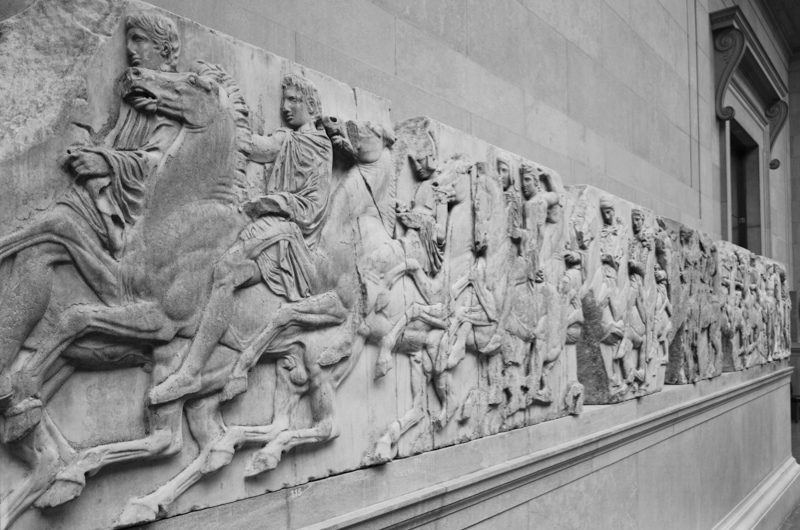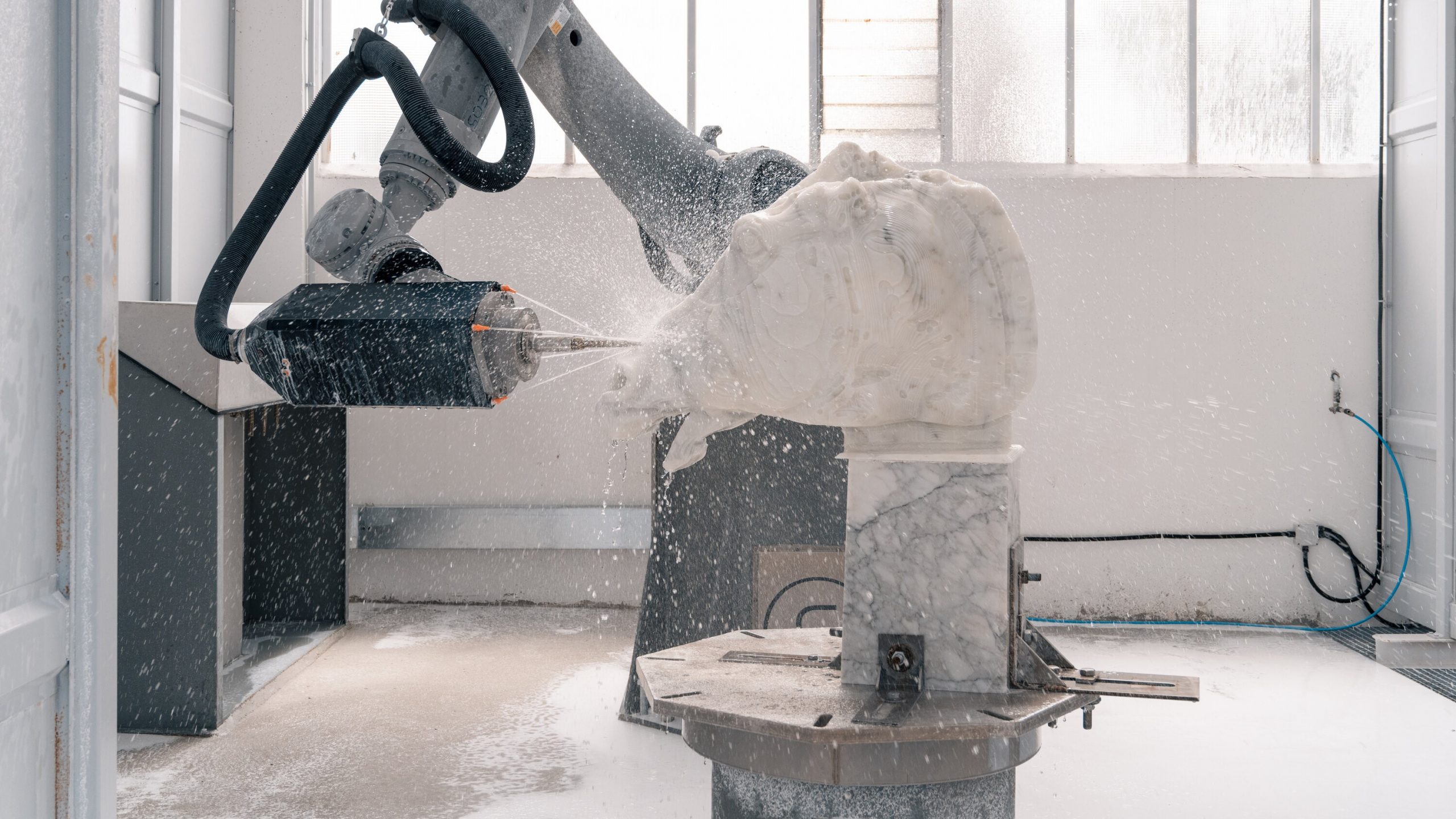The Oxford-based Institute for Digital Archaeology (IDA) has created replicas of two Parthenon Marbles pieces housed at the British Museum and they will be exhibited in London later this month, The New York Times has reported.
The Executive Director of the IDA, Roger Michel, told the news publication that an exact model of the life-size head of a horse, as well as of a metope showing the wedding feast of Peirithous and Hippodamia, will be carved from Pentelic Marble by a robot and completed by the end of July.
In Michel’s mind, these copies are intended for the British Museum with the original Parthenon Marbles to be repatriated back to their place of origin – the Parthenon in Athens, Greece.
“Our sole purpose is to encourage repatriation of the Elgin marbles,” Michel said. “When two people both want the same cake, baking a second, identical cake is one obvious solution.”
To make these identical copies, Michel defied the British Museum after it refused his formal request to scan the pieces.
Mr Michel and the technical director of the IDA, Alexy Karenowska, showed up to the British Museum and scanned the marbles using iPhones and iPads “equipped with Lidar sensors and photogrammetry software to create 3D digital images.”
These 3D images were then uploaded into the carving robot to create the replicas.
Early images of the models are striking and have since reignited the debate for the restitution of the Parthenon Marbles to Greece.

Some experts such as Colleen Morgan, who works in digital archaeology and heritage at the University of York, questioned the initiative to The New York Times and asked: “What population does this replication serve? What are the political implications?”
Others such as Philhellene and actor, Stephen Fry, have always advocated for 3D replicas of the Marbles to be given to the Museum in return for the real artefacts to be returned to Greece.
“It would be such a classy act and Britain frankly needs the world to see it do something classy,” Fry said last year.
So far, Greece’s Culture Minister, Dr Lina Mendoni, has not commented on the imitation works.
Source: The New York Times.

